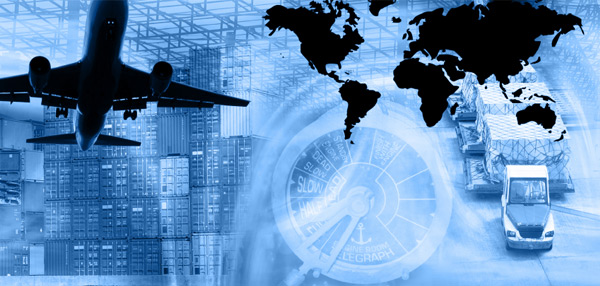-
Supply Chain Risks in Southeast Asia
-
Over the past several years, Access Asia has noted several types of problems in supply chains of multinational corporations operating in the region that can cause reputational problems, raise costs, and potentially lead to legal problems with regulatory authorities. Some of the challenges include tax evasion and collusion with customs officials, illegal drugs and counterfeit goods infiltrating legitimate shipments, and pilfering fuel. While multinationals operating in the region typically work diligently to maintain tight control over distribution networks, risks remain high and local partners are not always reliable due to a number of factors ranging from cultural issues to lax oversight of regulatory bodies to outfight criminal activity.
Tax evasion in the region is a common problem and can result in serious fines as well as unwelcome damage to a company’s brand. Common ways of avoiding taxes in the region include mislabeling goods or misrepresenting the volume of goods. Misrepresenting the value or the quantity of imports and exports is also a common way for criminals and corrupt government officials to transfer capital more easily in order to legitimize the source of funds (see Access Asia’s previous note on Trade-based Money Laundering in Southeast Asia here.)
Such actions often involve the collusion of poorly paid customs officials at ports, airports, and border crossings who can be paid to turn a blind eye to infractions. In addition, Access Asia has discovered on numerous occasions the reuse of duty paid stamps which are collected from legitimately paid taxed goods and then reapplied to goods that have not been taxed.
Another problem that Access Asia has had experience with is the inclusion of counterfeit goods and illegal drugs being included with legitimate cargo, often by affiliate transportation companies. This type of illegal activity often occurs when goods are passing through international borders or cargo that is being transported through remote areas. Both counterfeit goods and illegal drugs are considered as both source and destination goods in Southeast Asian countries; illegal goods are produced in most Southeast Asian countries as well as imported and exported to neighboring countries. Southeast Asian countries also experience flows of counterfeit pharmaceuticals produced in China destined for ASEAN markets while illicit drugs flow throughout Southeast Asia and north into China. International firms can unwittingly be implicated in such illegal activity while working with local vendors that have lax internal security and monitoring systems of their cargo.
Pilfering fuel is another problem that Access Asia has been asked to investigate. While distribution companies have an easier time monitoring fuel loss, oil and gas companies transporting tankers from terminals to retail stations are at risk of fuel theft. On occasion, tanker drivers have found ways to remove security seals on the tankers and replace them without leaving any evidence of tampering. Often the tanker drivers are colluding with retail gas stations along their delivery routes or syphoning fuel into smaller trucks for sale outside the company’s delivery route. The suspected drivers are understood to extract a limited amount of fuel that is difficult for the company to detect once it is delivered to the retail gas stations.
Access Asia can help clients counter these supply chain challenges by thoroughly performing due diligence on local vendors and their principals, checking local companies’ standing with regulatory authorities, checking companies for litigation and criminal record history, conducting market surveys, monitoring local language media to uncover reports or rumors of improper behavior, and conducting surveillance on those suspected of involvement in illegal activity.
For more information on Access Asia’s supply chain risk-based compliance strategy and services, please contact us at [email protected].

